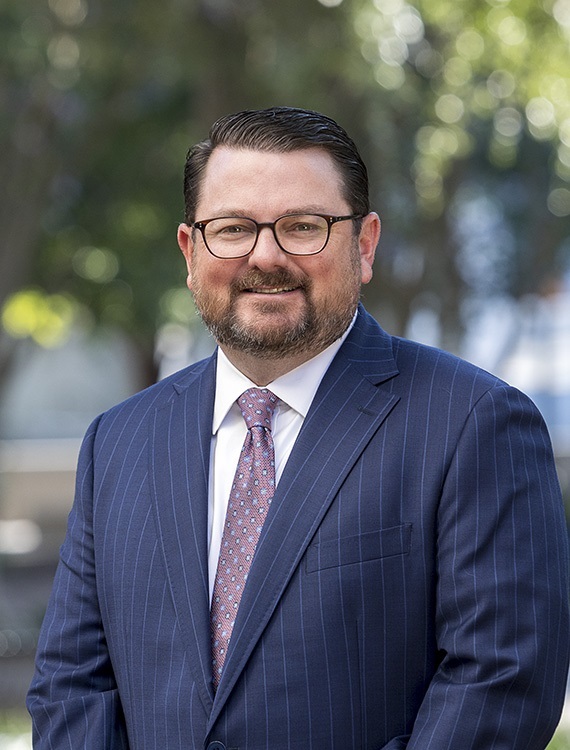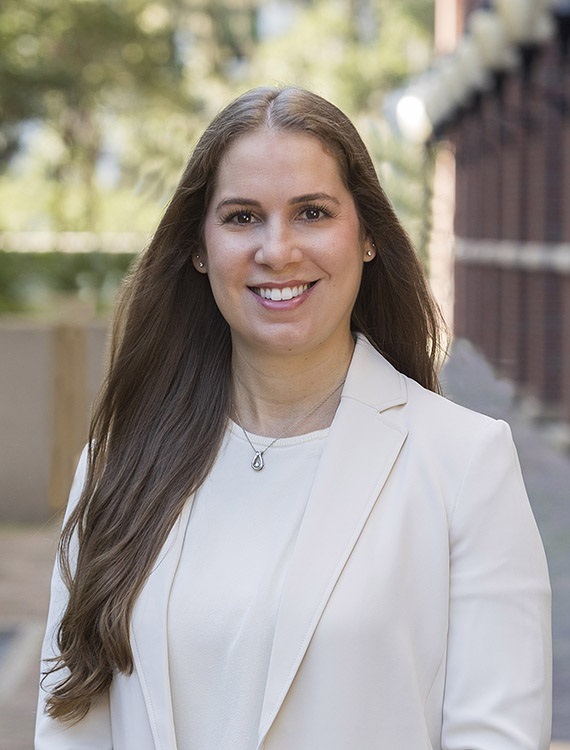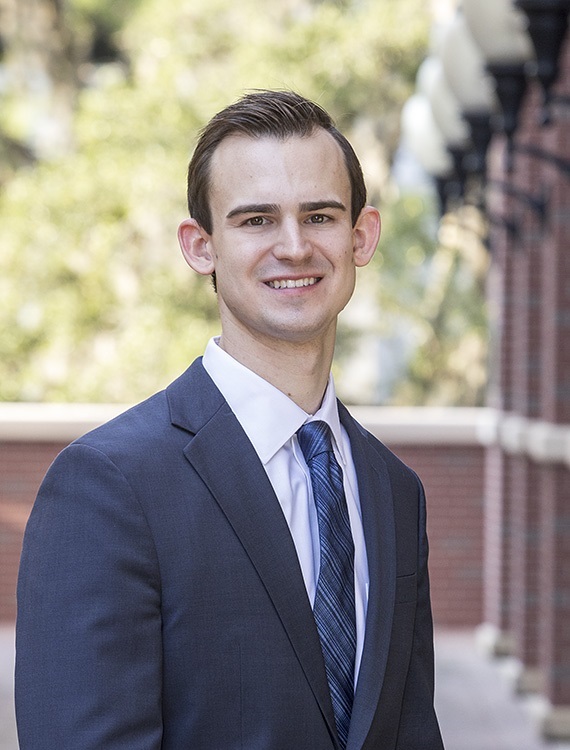Phone companies lobby for deregulation
Seeking a change in Florida’s phone rules, companies have been spending big for a legislative push.
BY SHANNON COLAVECCHIO
Herald/Times Tallahassee Bureau
TALLAHASSEE — Phone company giants like AT&T say their goal is simple: bring better service and lower rates to customers.
Yet they’re spending a mountain of money on big-name lobbyists to make it happen.
The so-dubbed ”Consumer Choice and Protection Act” removes the Public Service Commission’s authority to regulate rates and quality of service for all but the basic landline phone service — defined as just a single line and no extra features.
The bill’s broadening of the definition of non-basic service also subjects more customers to potential maximum rate increases of up to 20 percent a year.
Supporters insist the deregulation will lead to lower rates because phone companies will be able to match Comcast and other cable giants when they lower their prices.
”Prices in the telecommunications industry have always gone down when you bring in competition,” said House sponsor and future Speaker Rep. Will Weatherford, R-Wesley Chapel.
Opponents say the proposed legislation could bring higher bills and worse service to customers.
Leslie Spencer, a Tallahassee lobbyist for the AARP, opposes the deregulation.
Like other opponents, AARP worries there are some rural areas in Florida without more than one carrier, and the changes would take away the PSC’s ability to protect customers there from poor service and unreasonable rate increases.
Spencer plans to meet the bill’s sponsors this coming week. But she conceded fighting the money and influence is an uphill battle.
”It doesn’t mean we’re not going to keep trying,” she said.
Weatherford’s bill, which cleared its first committee Thursday, has a bipartisan list of co-sponsors more than three dozen deep.
Same goes with the Senate, where future President Sen. Mike Haridopolos, R-Indiatlantic, is sponsoring the bill along with four Republican and two Democratic senators.
Campaign finance records show the phone companies donated generously in recent elections to many of those lawmakers and their parties.
Verizon gave nearly $250,000 to both parties and dozens of candidates in the 2008 general election. AT&T and BellSouth, now part of AT&T, gave more than $1 million during the 2006 general election. And that doesn’t include what they paid their lobbyists, many of whom also contribute heavily to candidates.
Bob Elek, spokesman for Verizon, which has 22 registered lobbyists, downplayed the influence.
”I don’t mean to be flip, but there’s lobbyists all over the place,” Elek said. “That’s the way organizations operate here.”
Republican Sen. Jim King of Jacksonville called the companies’ bid for deregulation “a done deal.”
The legislation goes before King’s energy and telecommunications committee on Tuesday.
But even if King is right about the legislation being a ”done deal” in the Legislature, Gov. Charlie Crist is the final stop.
And he has a history of fighting phone rate increases.
While Florida Attorney General, Crist in 2003 and 2004 fought legislation allowing the highest local rate hikes in state history.
He said this week he has not read the bills, but doesn’t like what he’s heard so far about the potential affect on customers’ phone bills.
”If that’s accurate, that it would allow them to go up 20 percent a year, that sounds a bit extreme to me,” Crist said. “Especially at a time like now, to raise rates that high on people, it just doesn’t seem right.”
Herald/Times staff writers Steve Bousquet and Marc Caputo and researcher John Martin contributed to this report.
Shannon Colavecchio can be reached at
scolavecchio@sptimes.com.












